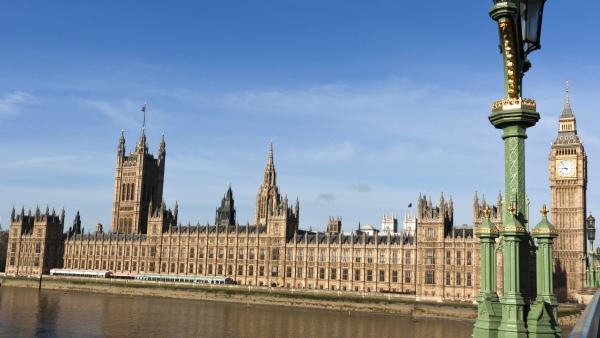
On February 28th, the High Commissions of Barbados and Bangladesh, the Ineos Oxford Institute and the British Society for Antimicrobial Chemotherapy will host a reception for Ambassadors and High Commissioners in the House of Commons aimed at tackling the global threat of antimicrobial resistance (AMR).
Working with the UK’s All-Party Parliamentary Group on AMR, the event aims to bring together the most senior members of the diplomatic network in London to explore, through a series of short talks and informal conversations, what a global consensus on AMR might look like, while supporting the leaders of low- and middle-income countries who wish to plan and act in concert.
The meeting – at which the UK’s Foreign Secretary, David Cameron, has been invited to speak – will offer a rare opportunity for global leaders to agree on a pragmatic and tractable approach to containing and controlling the threat of AMR, which is currently responsible for nearly 5 million deaths annually and projected to cost the global economy a staggering $100 trillion or more by 2050.
We hope this event will be the first step in the creation of a caucus of those countries with the most to gain and the most to lose on AMR. Its primary purpose would be to foster political leadership alongside G7 and G20. Following a series of initial discussions, we think a top priority for the group is likely to be the generation of a plan that would see those regions of the world disproportionately negatively affected by drug-resistant infections gain access to adequate water, sanitation and hygiene (WASH) facilities, affordable diagnostics, and life-saving antibiotics.
